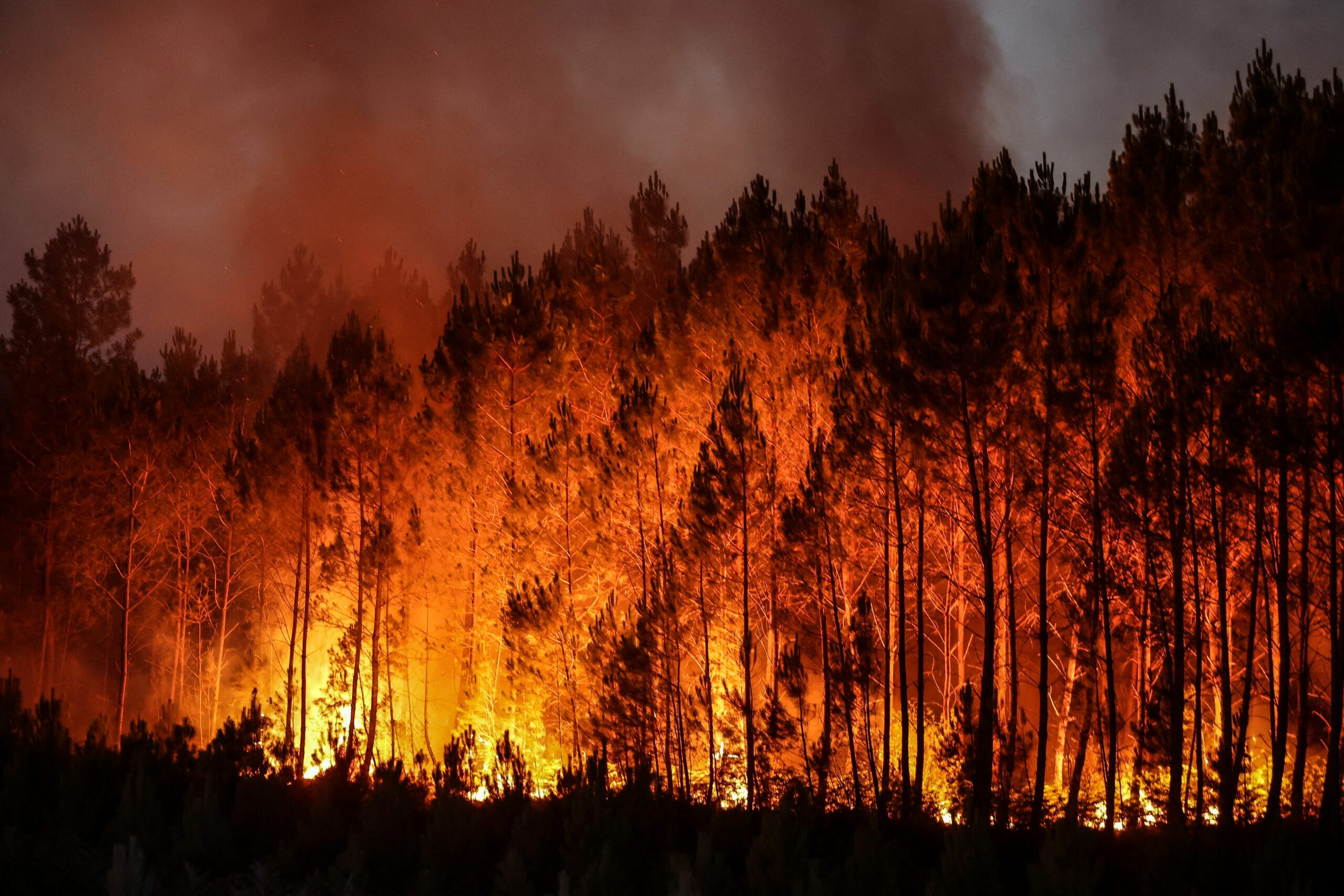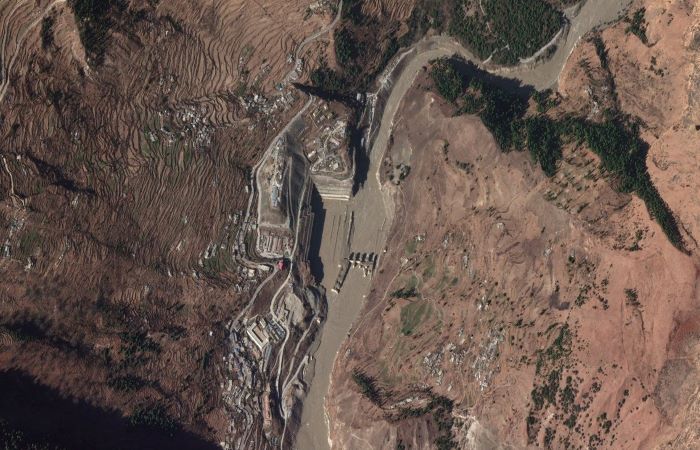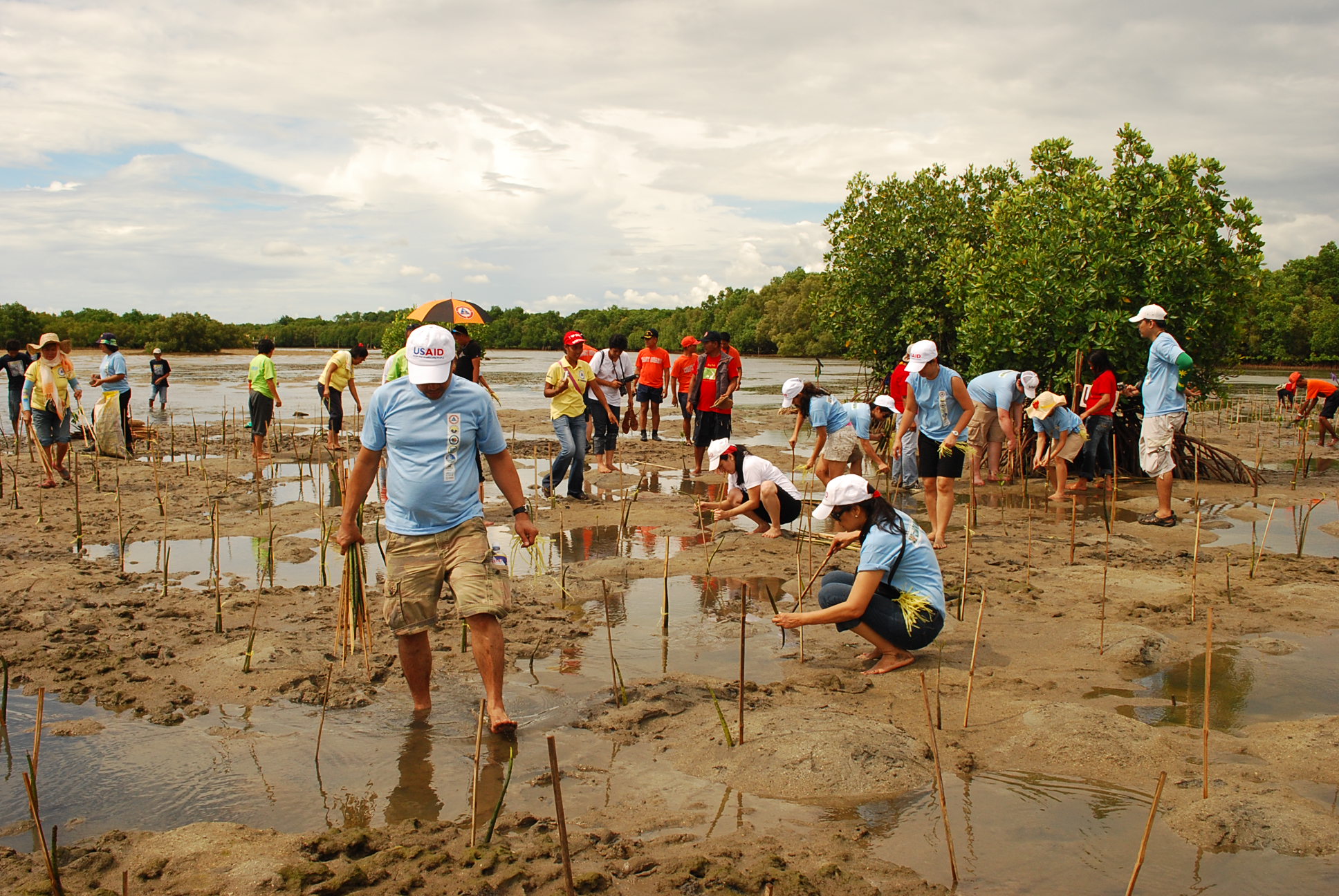Climate Impacts: Global extreme weather events this week
Let's explore the extreme weather events that have unfolded worldwide during the week from June 16-23, driven by the rise in global warming.
By Editorial Desk / Jun 25, 2025

Image Courtesy: Inside Climate News
Let's explore the extreme weather events that have unfolded worldwide during the week from June 16-23, driven by the rise in global warming.
South Korea: Heatwave followed by extremely heavy rains
South Korea endured intense summer swings between scorching heat and heavy rain. Last week, the country reeled under heatwave conditions. On June 22, Seoul recorded a daytime high temperature of 33.2 degrees, more than 5 degrees above the seasonal average. Meanwhile, few places witnessed heavy rains due to the early onset of the Monsoon. Busan reported 61.2 mm of rain in an hour around midnight on June 21, breaking the city’s previous hourly rainfall record for June.
Japan: Heatwave
In Japan, at least 4 people died of suspected heatstroke. Several parts of the country are battling heatwave conditions as temperatures increased due to warm air and a high-pressure system. Over 60 monitoring states recorded temperatures of at least 35 °C, and a total of 226 people were treated for heat-related illnesses within 2 days.
China: Floods
In China, Huaiji County experienced its largest floods since records began, prompting a county-wide shutdown. Towns and villages by a major river in China's Guangxi also lay half-submerged as floodwaters. According to meteorologists, the tropical depression had hit China's island province of Hainan early last week, and later again in Guangdong on the mainland, bringing more rain to a region still reeling from Typhoon Wutip two weeks ago. Another storm is likely to hit parts of China in the coming week. Weathermen have linked these extreme storms and severe flooding to climate change, which is making these weather phenomena more frequent and unpredictable.
Europe & United Kingdom: Intense heat
Most of Western Europe experienced high temperatures. In the UK, temperatures surpassed 33°C, triggering official heat alerts. In Spain, all 182 regions issued heat warnings. According to scientists, climate change is generally making heatwaves hotter and longer. The chance of a three-day June heatwave had increased tenfold due to human-induced climate change, going from a one-in-50-year event to a one-in-five-year event.
Mexico: Hurricane Erick
Hurricane Erick made landfall on Mexico's Pacific coast between the resort towns of Acapulco and Puerto Escondido as a Category 3 storm on June 19. The storm doubled in strength in under a day before hitting Mexico, a rapid intensification trend increasingly driven by climate change.
United States & Canada: Intense heat
A heat dome blanketed much of the US, impacting millions. Meteorologists have forecasted tens of millions of people from the Midwest to the East Coast will face a level four of 4 extreme heat risk through at least June 27. Parts of Canada also faced a multi-day heat event, with cities like Toronto experiencing dangerously high temperatures.
Climate Change Climate Impacts Climate Crises Global Warming Extreme Weather Events This Week Climate Emergency

